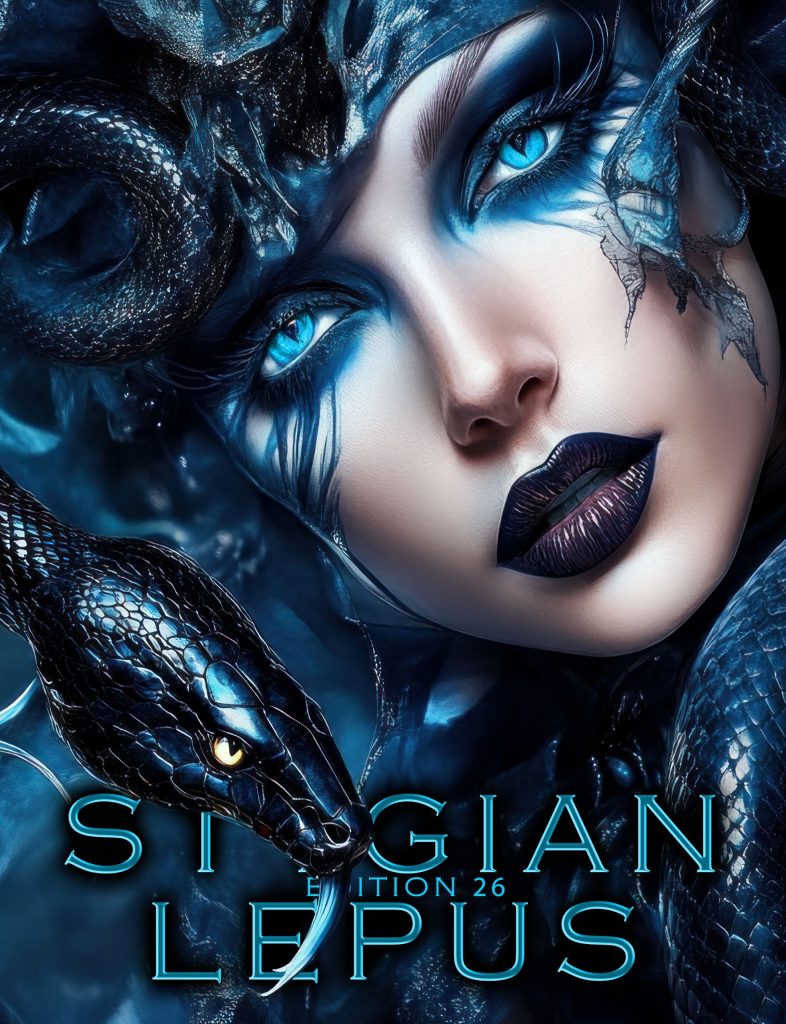Blood Ties by Malina Douglas
Bullshit, Inc by Jeremy Stelzner
Dear Raven, by Nick Romeo
Department of Murderous Vixens by Don Money
Get In! by Steve Calvert
How Beautiful Things Disappear – Part One by Euan Lim
Howl by Albert N. Katz
In Sections by Dee Allen
Memories Saved by Allen Cash
Not All Who Wander by Damir Salkovic
One More Drink by Meta Paige Taylor
Sin Eater – Part Three by Paul W. La Bella
The Animals of Inkwhich Inn by Steven McClain
The Hinge That Shouldn’t Have Moved by Fendy S. Tulodo
The Hungriest Tuesday by Lawrence Dagstine

